What Happens to Your Body When You Quit Smoking

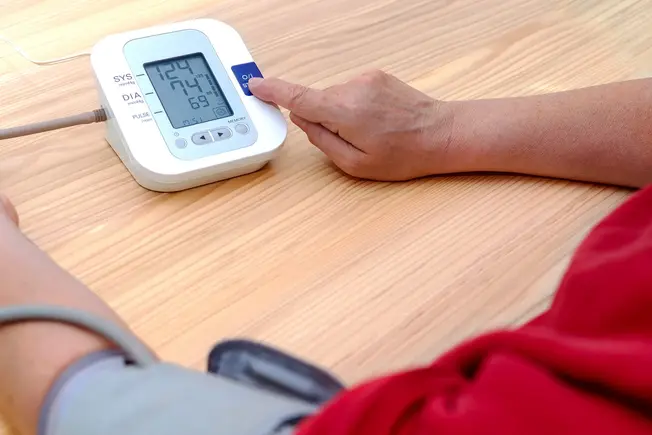
20 Minutes: Pulse and Blood Pressure
Within half an hour of your last cigarette, your heart rate and blood pressure typically drop to normal levels. That’s good, because high blood pressure is known as “the silent killer” for its dangerous effects that often have no symptoms. These include heart attack, stroke, loss of vision, and more. A pulse that’s too fast is harder on your heart. It can cause tiredness, dizziness, chest pain, and breathing problems.
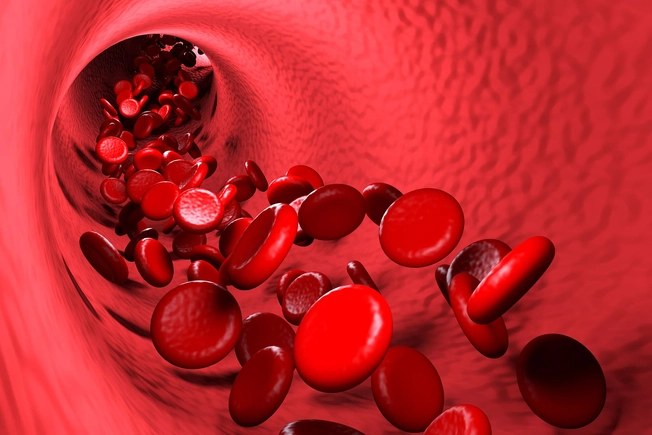
12 Hours: Carbon Monoxide
When you smoke, you have 3 to 15 times more of this toxic chemical in your blood than someone who doesn't smoke. At higher levels, you might have a headache, faster pulse, dizziness, or nausea. That level drops to normal less than a day after you quit. That makes room for more oxygen in your red blood cells that you need for your heart, brain, and other organs.
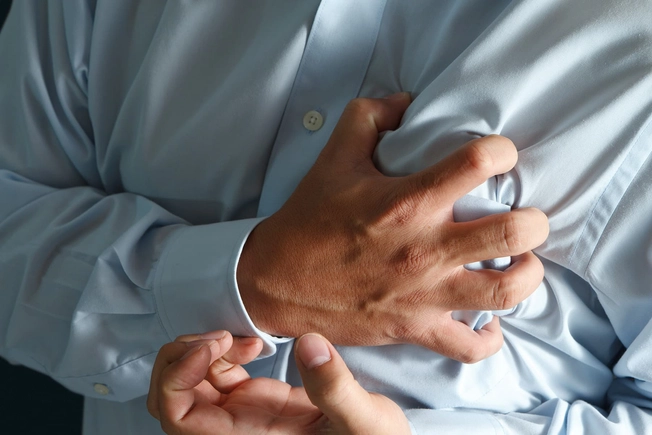
24 Hours: Heart Attack Risk
Smoking is the top cause of heart attacks. Your risk goes down after just 1 day without cigarettes and continues to drop after that. If you’ve already had a heart attack and cut out cigarettes, you cut your chance of having another one in half.

48 Hours: Sense of Smell and Taste
Toxins in cigarette smoke kill the cells that help you taste and smell. Fortunately, these cells seem to grow back quickly when you stop smoking.
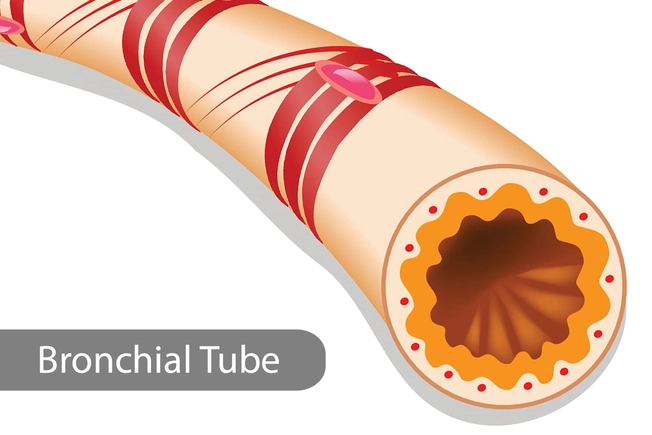
72 Hours: Bronchial Tubes
Cigarette smoke inflames these pathways through which air moves in and out of your lungs. That can make it harder to breathe. But it starts to get much better just 72 hours after you quit as the tubes start to relax. You might notice a boost in energy, too.

2 to 12 Weeks: Blood Circulation
It should start to improve almost immediately, but after a couple of weeks or more you might notice even bigger improvements. You may start to feel sensations more easily, and your hands and feet will be warmer as well. Good circulation is also linked to healthier blood pressure, pulse, and blood-oxygen levels.

1 to 9 months: Lung Function
Here’s where you really might start to feel like you have more energy. You’ll start to cough less and breathe better. Tiny hair-like structures in your lungs called cilia start to grow back. These help clean out your lungs and lessen infection. Your lung function could go up by as much as 10%.
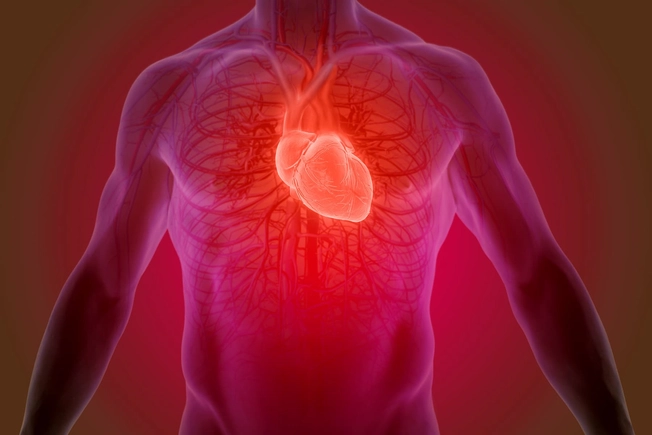
1 year: Heart Health
You risk of both heart disease and heart attack drop to about half that of a smoker. Nothing else you can do has such a dramatic effect on heart health.
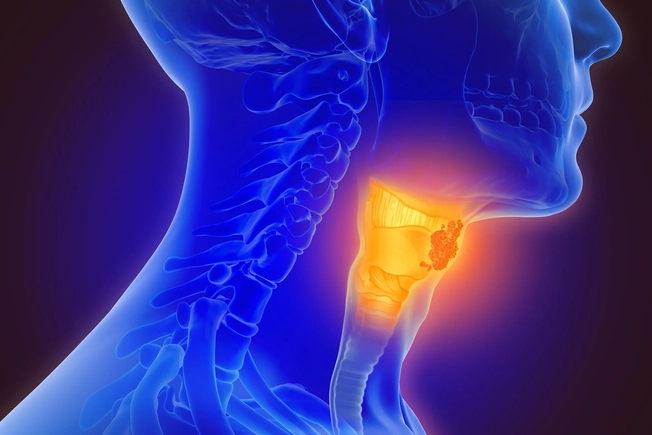
2 to 5 Years: Cancer
Smoking raises your risk for certain cancers. You can help lower it again if you quit. After 5 years, your risk of mouth, throat, esophageal, and bladder cancers will be just half of what it was when you smoked. Your risk of cervical cancer will fall to that of a nonsmoker.
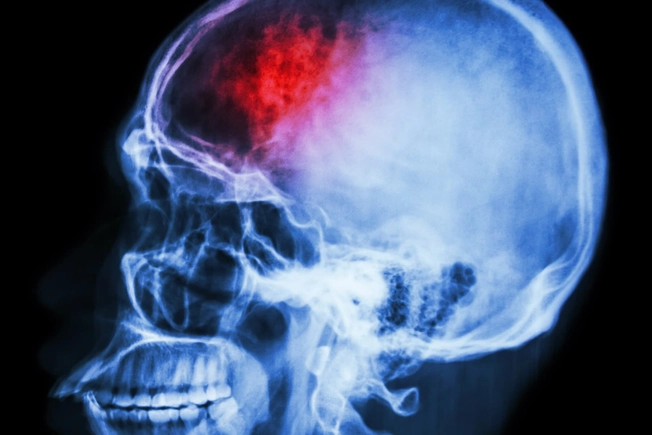
5 Years: Stroke
Smoking speeds up the formation of blood clots that can lead to a stroke. But in as few as 5 years after you quit, your risk of stroke could fall to the same as that of someone who doesn't smoke.
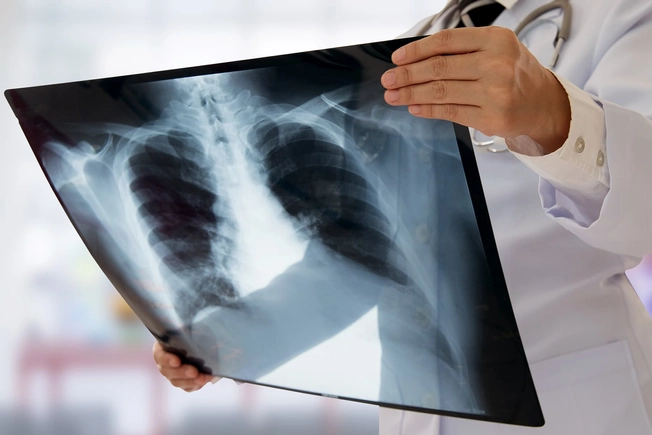
10 Years: Lung Cancer
That’s how long it takes to cut your lung cancer risk to half that of a person who still smokes. At this time, your risk of cancer of the larynx and of the pancreas also goes down.

15 Years: Heart Disease
Congratulations! You've done much to reverse the damage that cigarette smoking causes. Your risk of both heart disease and heart attack is now the same as someone who has never smoked.